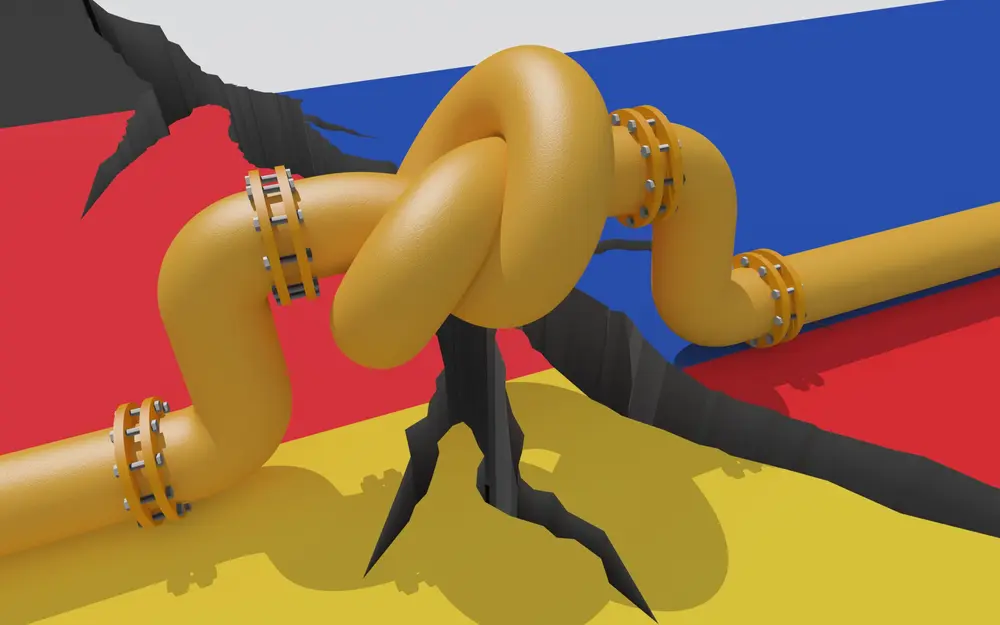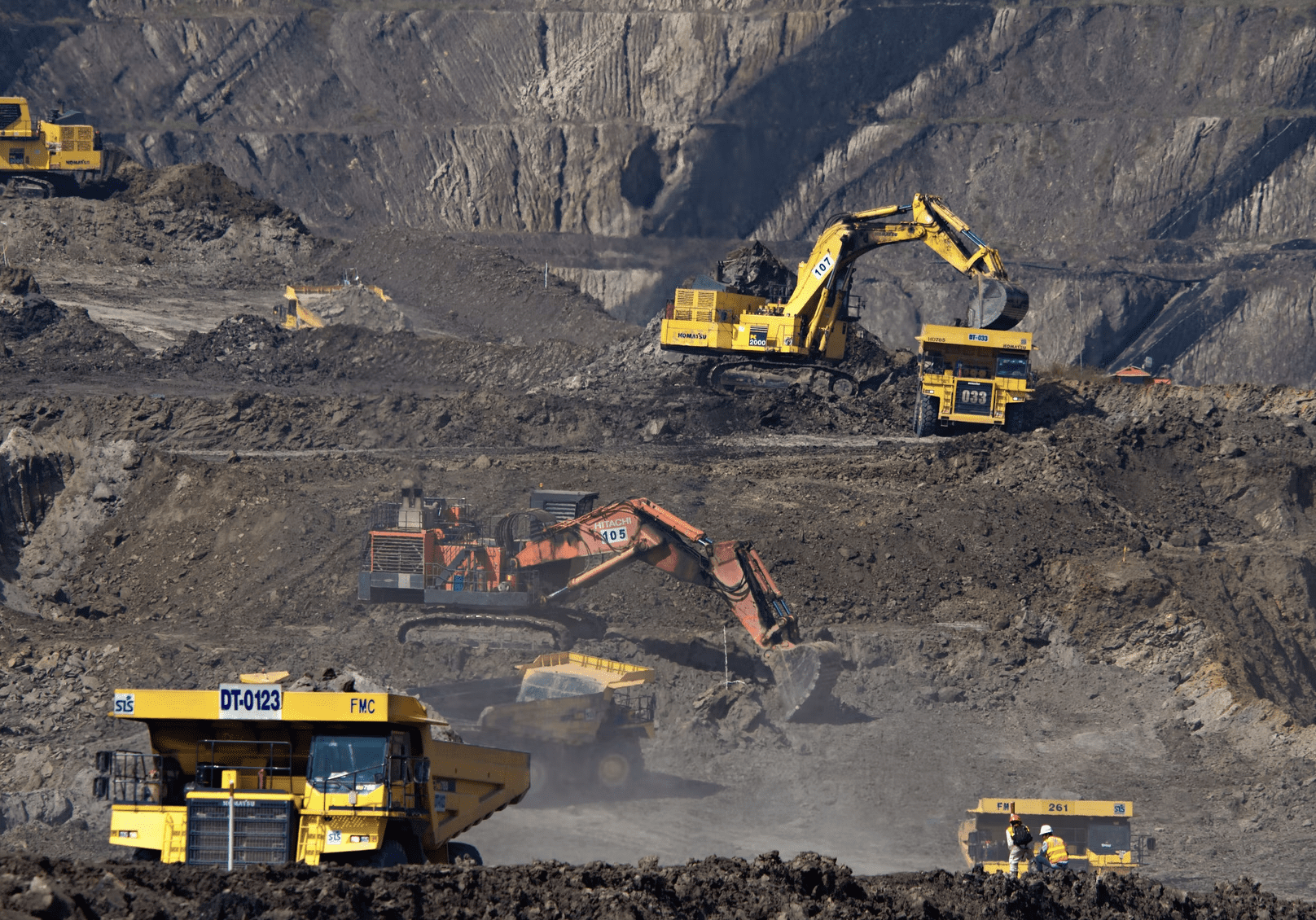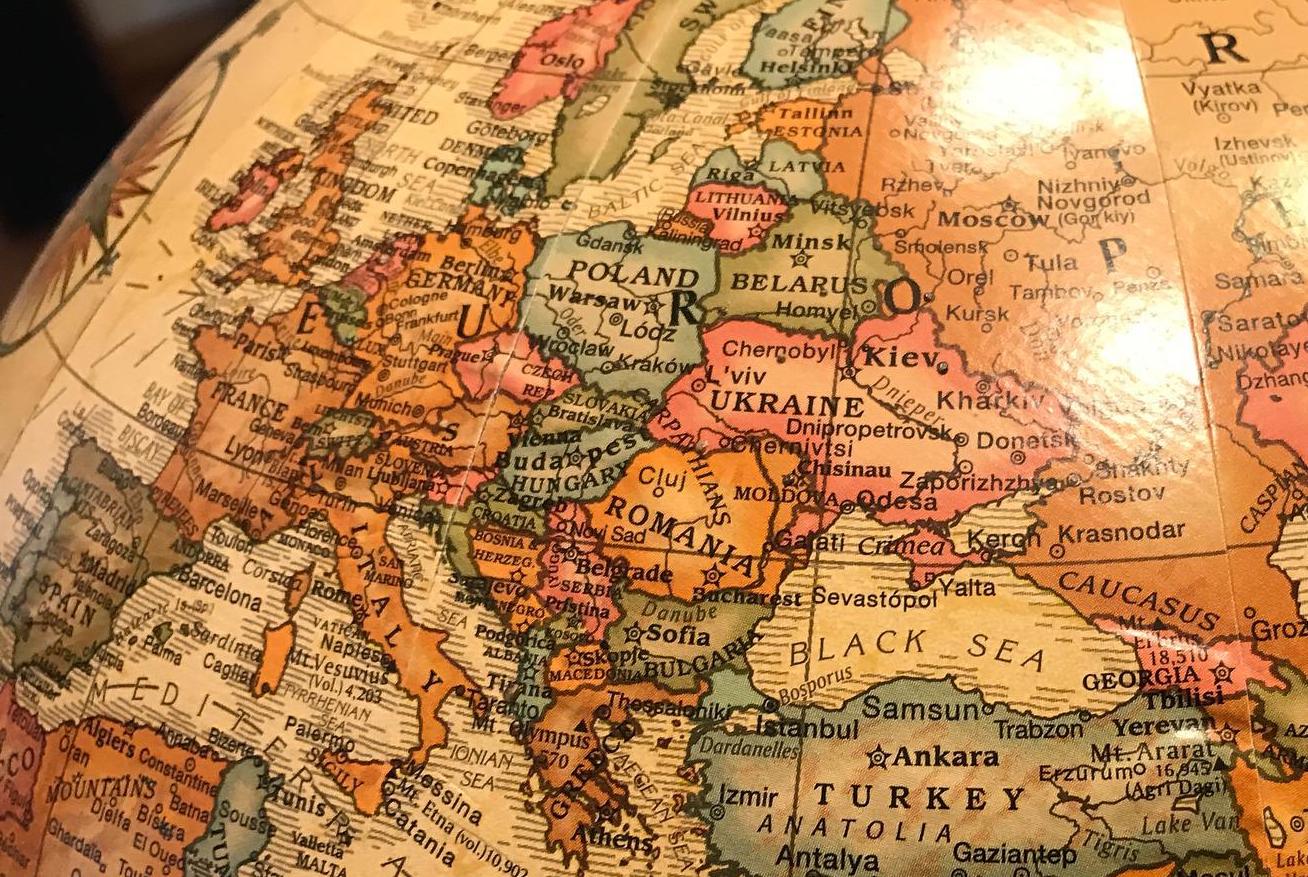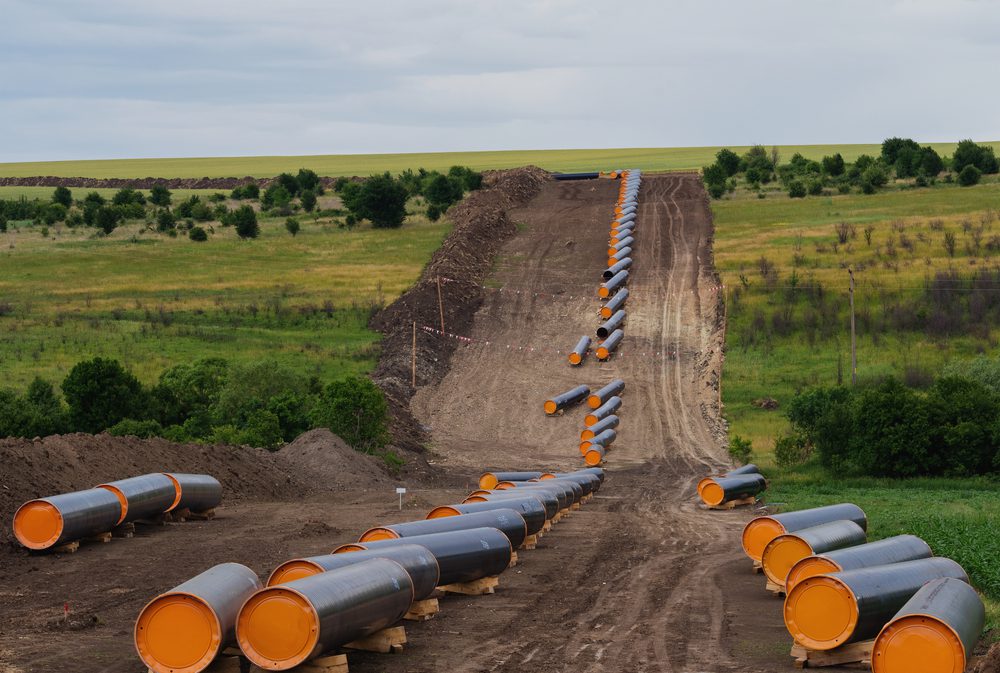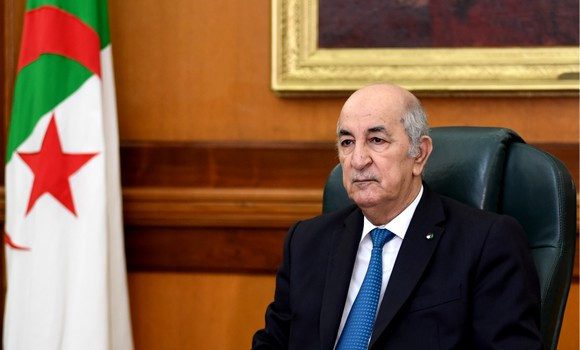
OPEC Loses its Secretary General in the Midst of Energy Crisis
OPEC’s Secretary General, without executive power in the strict sense, usually plays a decisive diplomatic role in facilitating discussions between producer countries with often divergent interests.




